The travel insurance landscape has undergone significant transformations in the post-pandemic era. As borders reopen and wanderlust resurfaces, insurers have recalibrated their policies to address the new realities of global travel. The most critical updates reflect a heightened awareness of health risks, the unpredictability of travel restrictions, and the evolving needs of modern travelers. These changes aren't merely tweaks to fine print but fundamental shifts in how protection is conceptualized and delivered.
Covid-19 coverage has transitioned from emergency inclusion to standard provision. Where pandemic-related benefits were initially introduced as temporary riders or costly add-ons, they've now become embedded in core policy structures. This normalization acknowledges that viral threats don't recognize arbitrary expiration dates. Comprehensive policies now typically cover medical treatment abroad for Covid-19 and similar communicable diseases, quarantine accommodation costs when mandated by authorities, and even repatriation expenses should the insured require specialized care back home. The subtle but crucial development lies in how these coverages are triggered - no longer requiring official pandemic declarations but responding to individual circumstances.
The definition of trip interruption has expanded dramatically to account for governmental unpredictability. Pre-pandemic policies primarily covered cancellations due to personal emergencies or severe weather events. Today's clauses account for last-minute border closures, vaccine mandate changes, and even localized lockdowns at destinations. This represents a philosophical shift from protecting against Acts of God to protecting against Acts of Government. Some forward-thinking insurers now offer real-time alerts about changing entry requirements through their apps, creating a proactive rather than reactive safety net. The burden of proof has also shifted, with many insurers accepting official government advisories rather than requiring extensive documentation from travelers.
Mental health considerations have emerged from obscurity to prominence in travel protection. The psychological toll of being stranded abroad during lockdowns exposed a glaring gap in traditional coverage. Contemporary policies increasingly include counseling services, emergency mental health support, and coverage for premature returns due to anxiety disorders or PTSD triggered during trips. This acknowledges that wellbeing encompasses more than physical health. Some premium policies now partner with digital therapy platforms to provide continuous care across time zones, recognizing that mental health crises don't respect itineraries.
The granularity of cancellation reasons has achieved unprecedented specificity. Where travelers once struggled to claim for cancellations due to pre-existing conditions or family emergencies, new policies enumerate dozens of qualifying scenarios. From job loss to jury duty summons, from pet emergencies to home security breaches, the modern travel insurance contract reads like an encyclopedia of contemporary life disruptions. This reflects insurers' recognition that people's lives have become more complex and interconnected since the pandemic began. The most innovative policies now offer tiered cancellation benefits, allowing travelers to select coverage levels that match their personal risk factors.
Emergency medical coverage has evolved beyond hospital bills to encompass continuity of care. The nightmare scenario of being mid-treatment when insurance expires has led to new "medical stabilization" guarantees. These provisions ensure coverage continues until the patient is fit to travel home, regardless of policy end dates. Some insurers have introduced "medical concierge" services that coordinate between international healthcare providers and the traveler's home physicians. This holistic approach recognizes that post-treatment recovery often requires careful planning and professional coordination that travelers can't manage alone in foreign healthcare systems.
The very concept of what constitutes a covered trip has expanded in creative directions. With remote work becoming permanent for many, insurers now offer hybrid policies covering both leisure and working vacations. Some address digital nomadism with month-long coverage periods that traditional single-trip policies couldn't accommodate. Others have introduced "trip pause" features allowing brief returns home without invalidating ongoing coverage. The most innovative policies now consider airport lounge access and cybersecurity protection as standard benefits, acknowledging that modern travel blends productivity, leisure, and digital vulnerability in equal measure.
Claims processing has undergone a quiet revolution in transparency and speed. The pandemic backlog exposed how archaic paper-based systems crumble under pressure. Leading insurers now provide real-time claims tracking, direct deposits to foreign hospitals, and AI-assisted documentation review that reduces approval times from weeks to days. Some utilize blockchain technology to create immutable records of medical encounters abroad. This operational overhaul matters more than clients might realize - when emergencies occur, efficient claims handling becomes as crucial as the coverage itself.
These updates collectively represent more than contractual adjustments; they reflect a fundamental rethinking of what security means in an era where travel carries both more opportunity and more uncertainty than ever before. The best policies no longer just mitigate financial loss but actively support travelers through complex global challenges. As the industry continues adapting to our changed world, one truth becomes clear: travel insurance has evolved from being a transactional product to becoming an essential travel companion.
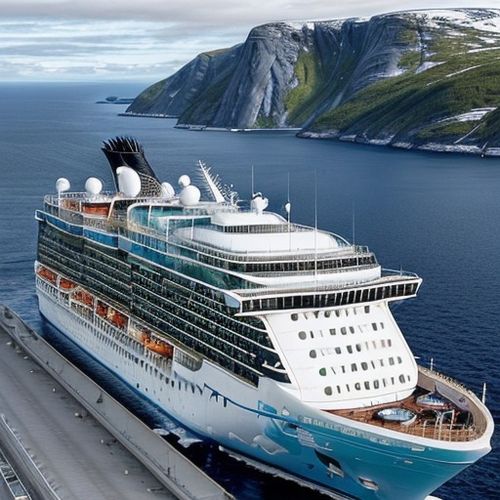
By Rebecca Stewart/Apr 7, 2025

By Sophia Lewis/Apr 7, 2025
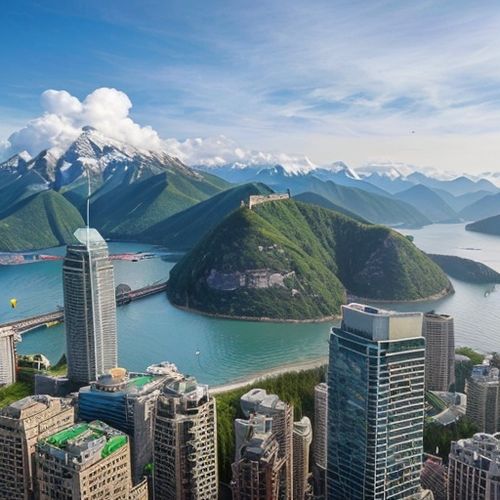
By Emily Johnson/Apr 7, 2025

By Laura Wilson/Apr 7, 2025

By David Anderson/Apr 7, 2025

By Benjamin Evans/Apr 7, 2025

By William Miller/Apr 7, 2025
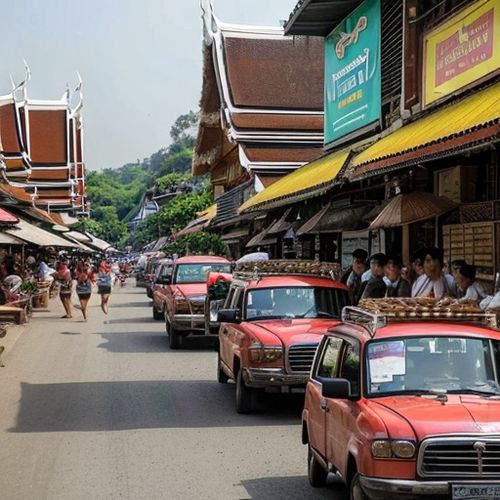
By Emma Thompson/Apr 7, 2025

By Benjamin Evans/Apr 7, 2025

By Noah Bell/Apr 7, 2025
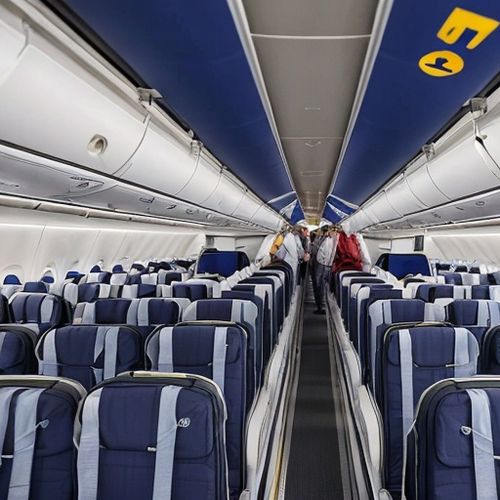
By Elizabeth Taylor/Apr 7, 2025

By George Bailey/Apr 7, 2025
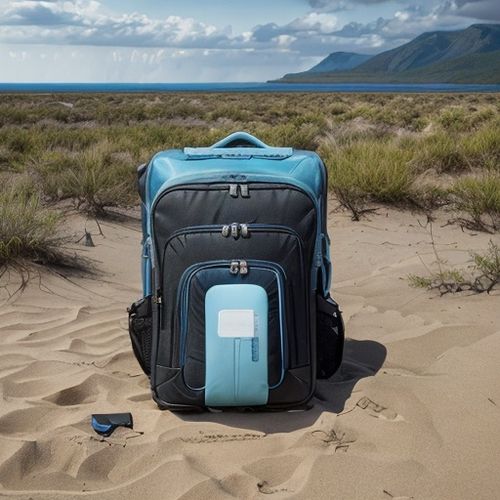
By Olivia Reed/Apr 7, 2025

By Ryan Martin/Apr 7, 2025
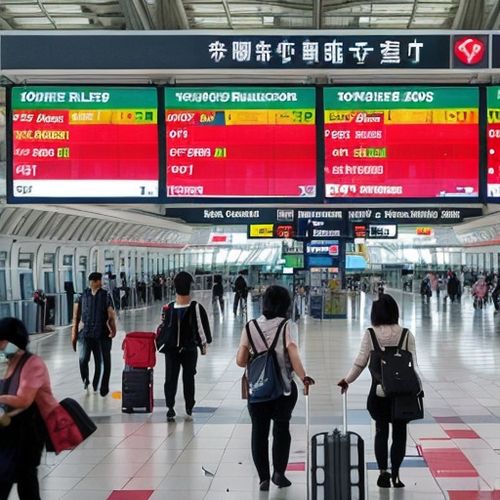
By George Bailey/Apr 7, 2025

By Laura Wilson/Apr 7, 2025

By Laura Wilson/Apr 7, 2025